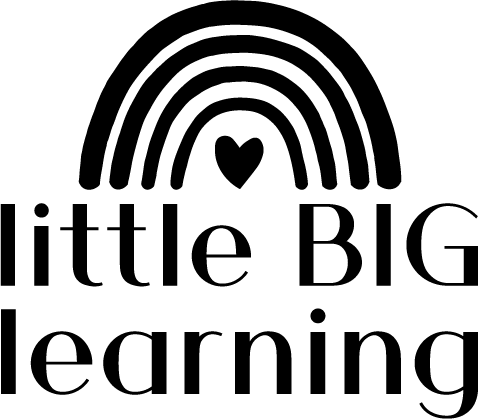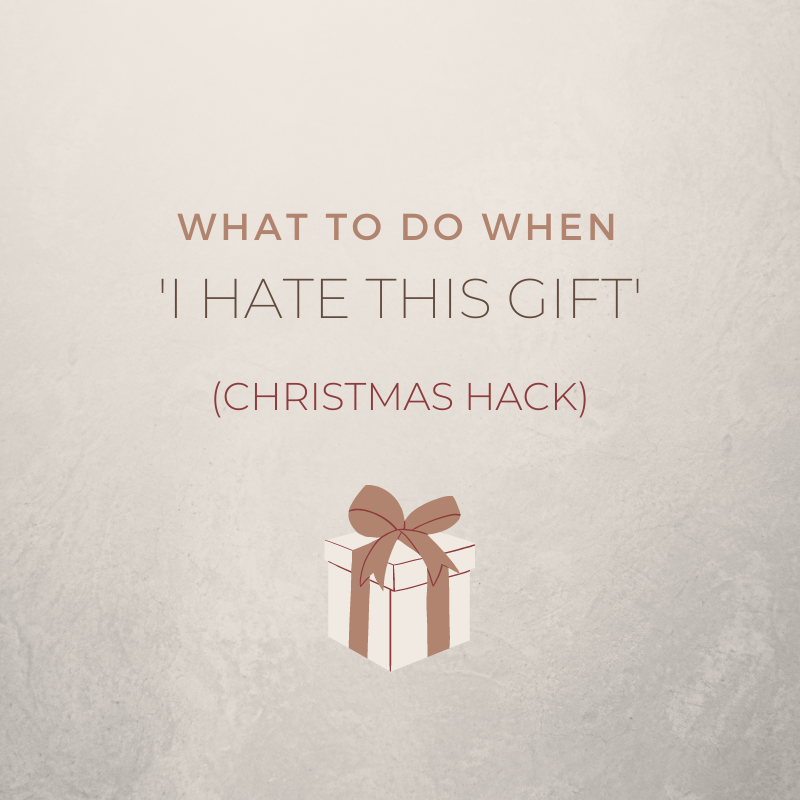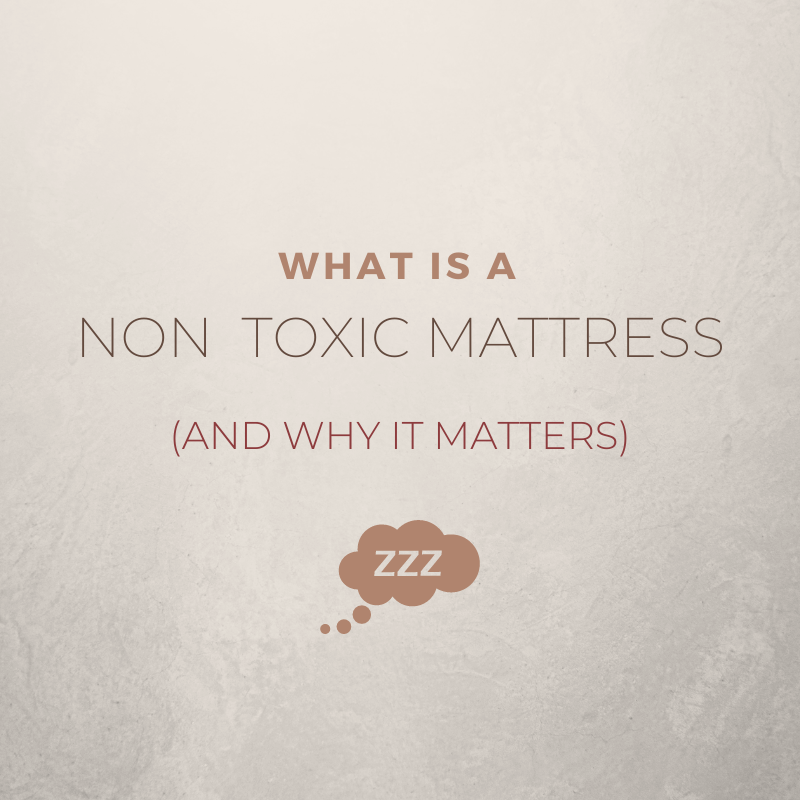Parenting, family life... there's just so many big emotions (for you and your Little Big people!). In this blog, we take a look at how some of the Montessori principles can promote calm in your toddler and your home.
How can ones mind be at peace if the surrounding environment is in chaos?
You might have noticed in Montessori-style classrooms and homes that the organisation level is pretty high. Like, real high. Each activity lives in a tray and each tray has a spot on a shelf and all the shelves are free from kids climbing on them. (Insert
Pikler Triangle plug here as the reason kids don't climb on the furniture).
When Big people model organisation, Little people learn to be organised too. Of course it takes time but if you give them the opportunity to learn, they'll normally rise to the challenge.
From birth to around 2.5 (peaking from 18months - 2 years), Little Bigs are actually in what Dr Maria Montessori coined the 'sensitive period for order'. This is when they develop their reasoning skills, organise information and understand their environment. Sensitivity to order can be characterised by a desire for consistency and repetition, where children crave routine and structure.
This goes for their environment too. They desire predictability, where the red truck was yesterday they need it there today. This helps their mind stay calm. Small disruptions in order and routine can really throw them out - cue seemingly unexplainable "tantrums"... Keeping your home and routine in order can help your Little Big stay chill.
The "prepared environment" is Dr Maria Montessori's idea that environments can be 'designed' to facilitate maximal independent learning and exploration by children.
A prepared environment is an environment created for the child to be part of and to use independently. It's aesthetically pleasing (yes, children appreciate beauty), it's organised (see point #1) and it gives children choice and freedom to move and interact with their world.
“The first aim of the prepared environment is, as far as it is possible, to render the growing child independent of the adult. ”
Maria Montessori, The Secret of Childhood (267)
Our top tips to do this yourself at home:
-
Organise shelves and activities and keep them accessible for your Little Big
- Have a water and snack station - yes, to help themselves. Do you snack at work? Think of play as your Little Big's work. Because it is.
- Make or purchase child size furniture
- Unlimited access to self care - tissues, hand washing ect - and a bin for rubbish
-
Learning Towers to be a part of kitchen activities and/or to help themselves to hand washing and water
It sounds simple but a lot of toddler frustration comes from not being able to express what they want and need. A prepared environment gives them the ability to access what they want and when, alleviating that frustration.
Toddlers are pretty good at self regulating when they are given the freedom. Don't expect it overnight, but be consistent and they'll get there.
PS - No, they aren't going to continue to eat all six packets of crackers if you leave them out. It's a novelty at first but if you're consistent, they'll learn to trust where the crackers will always be when they're hungry and we'd bet you'll see a reduction in those hangry emotional outbursts after a little while.
Adding to the prepared environment, emotional well-being (and autonomy!) is undoubtedly increased when Little Big people have a sense of control over their lives.
You've probably heard that myth about Montessori schools - that kids just do whatever they want all day. It's true to an extent, they are given a lot more freedom than in traditional schools to decide when and how they learn but there are still outcomes to be met. The difference is that those outcomes are met in each individual's time and way.
The same principles apply in the home. Giving freedom to choose what and how they do something, gives toddlers a sense of independence and control.
When not given the opportunity to feel control in their little lives, they will sure enough find the most inopportune time to give their power an outlet - like refusing to put their shoes on when you're already 10 minutes late for day-care drop off.
So instead of telling them that it's time to put their shoes on, ask them if they'd like to wear their white shoes or their grey shoes. Two (no more) simple choices that make absolutely no difference to you but allow them to feel in charge of their life.
Make it work with anything!
- "Would you like to eat your dinner from the bunny plate or the square plate?"
Viola, less resistance. Trust us, this one works a charm.
One of the key 'differences' you'll find between Montessori and 'mainstream' education is the lack of reward-based motivation. This is predominantly due to the Montessori aim of developing intrinsic motivation. That is, doing something for internal satisfaction rather than for an external validation or reward. This means no sticker charts, no treats (they aren't puppies) and no over-praising simple 'achievements' such as putting rubbish in the bin.
There's absolutely no denying though that the aforementioned rewards totally work! Of course they are going to pack away their toys if you promise them a chocolate! Mate, I'll even clean your kid's toys up if there's a Snickers in it at the end.
Using rewards to teach normal expected behaviours is counterintuitive. Children end up performing normal expected tasks, like cleaning up after themselves, for the high of the reward rather than understanding that they need to contribute to keeping their home clean, which was ultimately your goal.
Social psychologist Helen Street believes parents and schools are giving rewards under a mistaken belief.
"It is a controversial idea because it is deeply embedded in our society that if we give rewards to our kids we will motivate them," Dr Street said.
"In reality, all the research we have done on motivation shows that as soon as you offer kids a reward to do something, their attention is taken away from what they are doing and put onto the reward.
"Although you might get compliance, by offering a reward, you tend to end up with kids that are less engaged and less motivated to do the things you actually wanted them to do."
Celebrating achievement is lovely and in some cases warranted but ultimately children have the capacity for self motivation. Trust them. Unlike puppies, using rewards with toddlers to garner compliance and then trying to do the same thing without said reward will usually end in a meltdown.
Babies are born from the epitome of peace within us into chaos. Noise. Light. Touch. An overload of sensory nervous stimulation that catapults monumental motor nervous development from the moment they are born and sometimes we forget that this growth is still very much occurring when they hit toddlerhood.
This exposure is inevitable. The flip-side though is obvious: it stands to reason that the modelling, provision and exposure of a calm amongst the calamity is inevitably the only way it will be learnt.
But on the days you skipped a coffee and babe is having a meltdown about putting on shoes, remember these tips and see if they work.
And if they don't? Ask for a double shot ;-)












0 comments